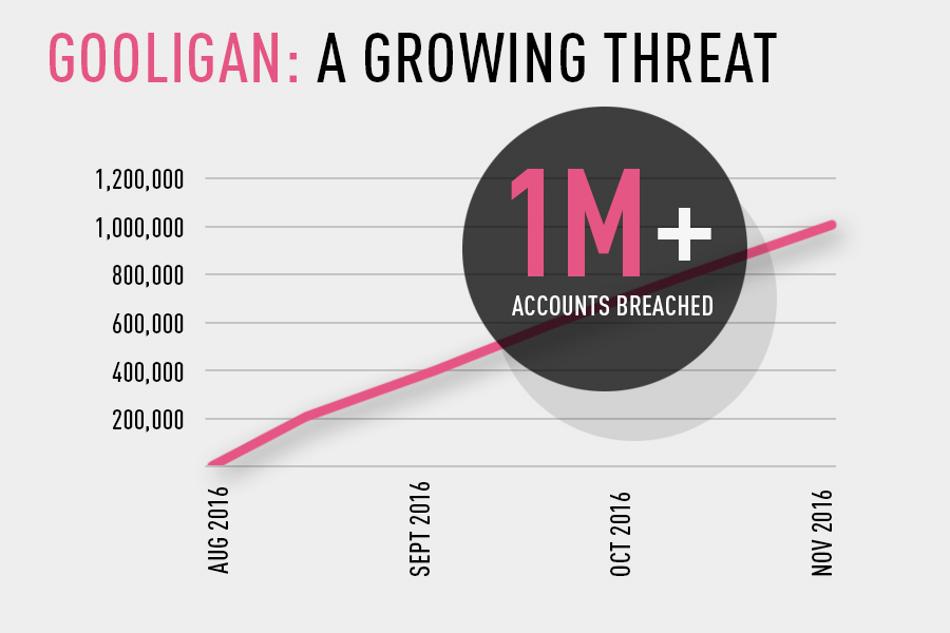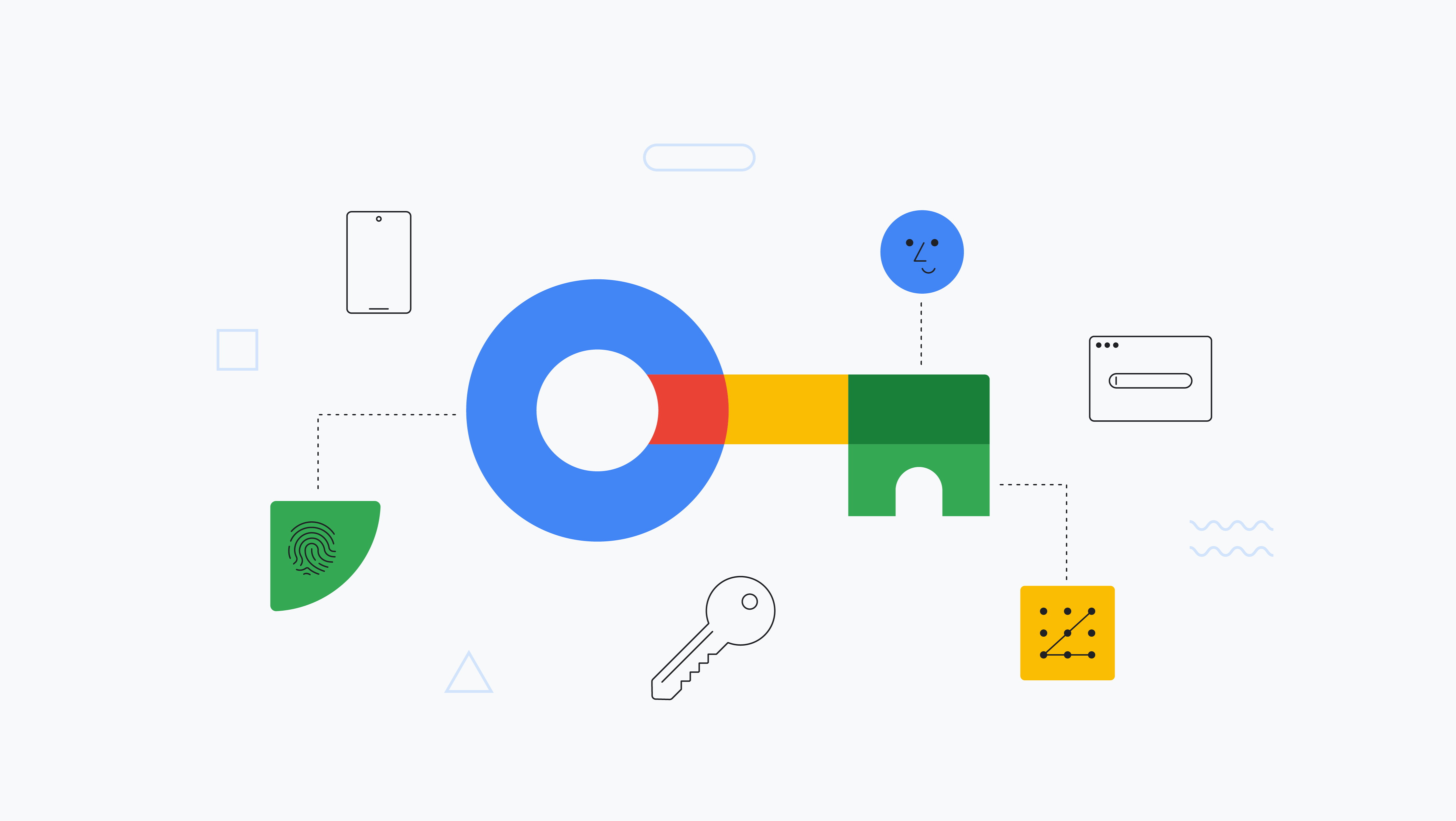In one of the largest recent cybersecurity breaches, malware that is being called “Gooligan” has hit more than 1 million Google accounts through the Android operating system.
According to a CNBC report just out, Asia is ground zero for this malware attack since the majority of affected accounts are located there. The malware has been around since August this year, but it now seems to have gotten out of hand with over 1 million instances recorded.
Researchers from Check Point Software Technologies said that the malware affects devices running Android, and hacks into Gmail, Google Photos, Google Docs, Google Play, Google Drive and G Suite, stealing valuable information from those user accounts.
UPDATE: Check if your Google account has been hacked – Checkpoint Gooligan Checker
Apparently, apps on Google Play are also affected, and the hackers are able to make money by downloading apps to the user’s mobile Android device. The hack begins after the app is downloaded, but it can also be spread when a user clicks on phishing links on the device.
The shift to hacking mobile devices is certainly an alarming one, because it indicates that cybersecurity attacks are now moving into the mobile realm. The reason that’s alarming is because financial transactions, social interactions, advertising revenues and general internet usage are all gradually transitioning from desktops to mobile devices.
Google hasn’t commented yet on the attacks and the malware, but now that it’s publicly known, users are advised to immediately change their Google account passwords and avoid downloading unknown apps from Google Play as well as third-party app stores.
The devices affected are all running Android 4.1 Jelly Bean, Android 4.4 KitKat and Android 5.0 Lollipop. The problem is that users in Asia – a vast majority of them – still have devices that run on these older OS versions of Android. As such, they’re more susceptible to attack by Gooligan-infected apps.
To safeguard your device, you can do what’s known as “flashing”, or reprogramming your phone. Wiki-How shows you how to flash a CDMA phone. Or, you could take it to an authorized smartphone dealer.
We’ll keep you posted on developments as soon as Google has commented on this major cybersecurity breach.
Thanks for reading our work! Please bookmark 1redDrop.com to keep tabs on the hottest, most happening tech and business news from around the world. On Apple News, please favorite the 1redDrop channel to get us in your news feed.



